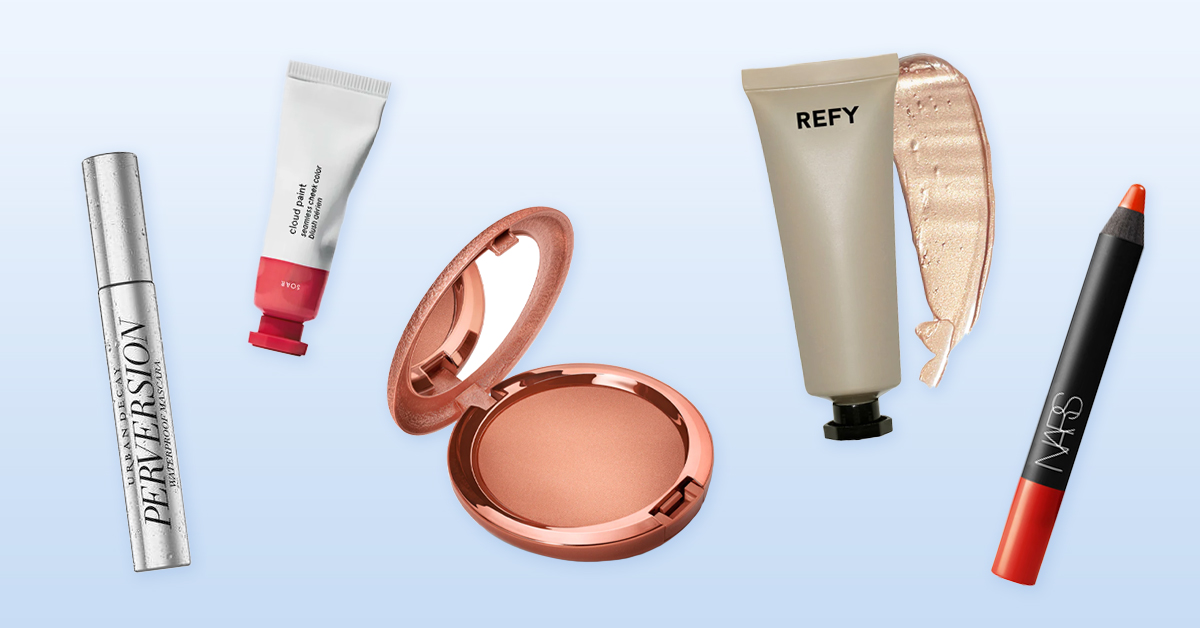What’s more important: Calories or nutrition?
When it comes to diets in general, there are tons of misconceptions. Many are quick to follow fad diets that cut out entire food groups because the diet promises to show immediate results. They are likely to see weight loss when they cut out a food group, but this can lead to becoming “fanatical” about food.
It is true — if you consume fewer calories, you will lose weight. However, if you consume fewer calories by only having “low-fat,” prepackaged foods, you will NOT develop the strong, healthy, and lean body you work hard to achieve. In fact, your workouts will not be complemented by the foods you need for recovery and rebuilding. Instead, you will become exhausted, weak, moody, and tired, and your body composition will suffer.
Nutrition and a good, solid workout program are essential for health living! It is the only way you will see real and lasting success.
So what’s the deal with calories and nutrition?
Fat has more calories than carbohydrates, proteins, or sugars, but fat is necessary for healthy hair, nails, muscles, heart, and health. That’s why you shouldn’t focus only on cutting calories. You should also focus on the quality of the foods you eat. Certain kinds of foods have hormonal effects on the body. Many who try low-calorie diets end up eating foods that trigger fat-storing hormones because they focus too much on processed foods. For example, if there’s a choice between eating an avocado or a protein bar, it’s better to eat the avocado simply because it’s a whole food that isn’t loaded with sugar.
But remember—just because something is one hundred percent healthy doesn’t mean you can eat a limitless amount. If you consume too many calories, regardless of where they come from, you will gain weight.
Do calories even matter?
Yes! Calories do matter, but their sources are even more important. To optimize your hormonal response to food, you should eat lots of vegetables and plenty of protein from organic sources whenever possible. Be sure to include healthy fats such as olive oil and avocado. Some types of healthy foods should only be eaten at certain times to reap all the benefits. For instance, starchy carbs should be reserved for immediately after a hard workout.
Instead of focusing on eating low-fat foods that tend to be higher in sugar and refined carbohydrates, try to eat whole foods that are lower in carbs. Why? Because research has shown that those on a low-carb diet have fewer cravings for high sugar and high carbohydrate foods. Eating healthier calories will reteach your body what’s best for it. Flipping the switch may be hard initially, but stay focused and remember that after a week or so of craving carbs like mad, your body will adjust and crave them less.
As you control your mind to do what you know is best, your body will stop feeling compelled to eat calories that are not positively “feeding” into its own health and well-being.
What kinds of calories should I be eating?
In general, the bulk of your calories should come from protein and fiber, such as lean meats, legumes, vegetables, and fruits. As you’re shopping at the grocery store, aim to buy most of your foods from the produce aisles. Each meal should be moderate in carbohydrates and consist of all-natural whole foods that represent a balanced combination of healthy fats, proteins, and fiber. For instance, you can pair baked chicken breast with a salad sprinkled with nuts for a complete meal.
Dasha L. Anderson is a celebrated trainer and fitness expert in New York City, with a master’s degree in exercise science and sports nutrition and a specialty in performance enhancement and injury prevention. She is also the founder and head certifying instructor of Kettlebell Kickboxing and has contributed to Self, Shape, Fitness Rx, and Epoch Times.
















